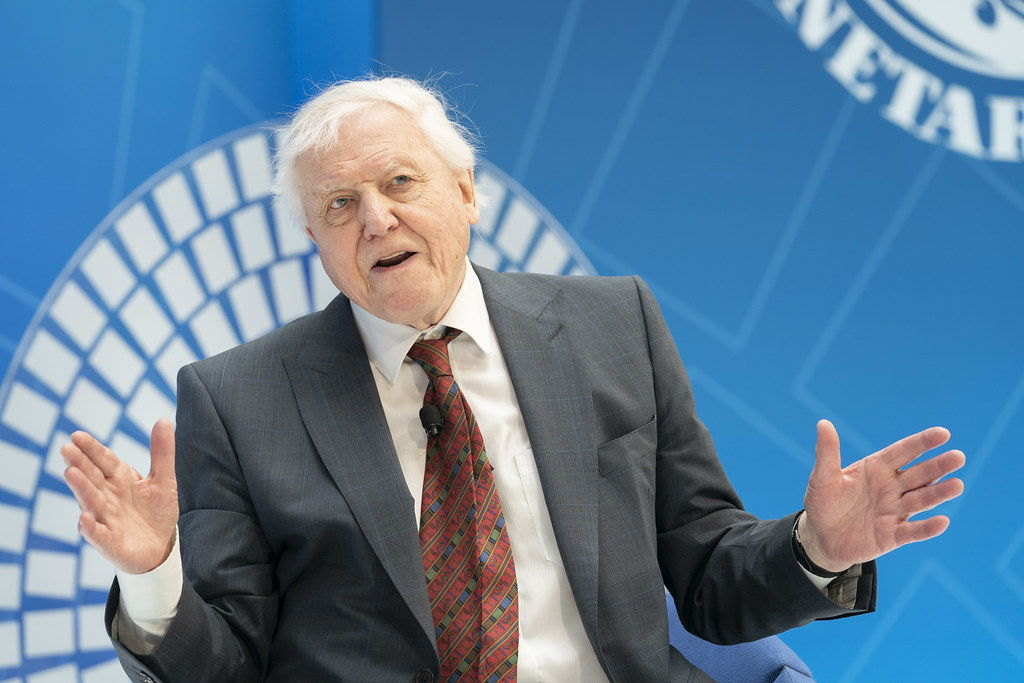HPC Director Luke Hildyard wrote for The Correspondent, in response to author and anthropologist Jason Hickel’s article on billionaires and climate change.

Jason provides a masterful account of why tackling extreme concentrations of incomes and wealth is the paramount political challenge of our times.
As David Attenborough said yesterday, we can’t prevent dangerous climate change or the destruction of the natural world unless those who currently have a great deal perhaps have a little less.
And from the poorest people on the planet through to middle income households, any idea of substantively raising living standards without a major re-balancing of how existing wealth is distributed is just not feasible.
We need to think of money like we think of food – too little of it is dangerous, but there is also such a thing as too much.
Jason provides a masterful account of why tackling extreme concentrations of incomes and wealth is the paramount political challenge of our times.
But recent evidence from the UK makes me pessimistic about the prospects for change. Focus groups run by Trust for London looking at public attitudes towards the super-rich found that “there was no general support for the idea that any specific level of wealth was wrong, superfluous or problematic.”
Similar research by the Tax Justice Network suggests that anti-wealth messages were an extreme turn off for voters in the so-called ‘red wall’ regions (historically industrial areas in the North and Midlands of England and Wales, now denuded of economic activity with increasingly ageing populations).
Though the explanations for the 2019 UK election result are complex and multi-faceted, it is unfortunately true to say that a campaign focused on tackling inequality failed to resonate with many people.
Rather than just give up (and in doing so, give up on the future of the planet and of any prospect of a substantively better life for billions of people) what more can we do to change this situation and raise understanding of the billionaire problem? Here are a few ideas I have, relating to how we communicate the issue:
One – Highlight the sheer scale of billionaire wealth: If you’d been given a thousand dollars a day every day since Julius Caesar landed in Britain, you still wouldn’t be a billionaire. Jeff Bezos’s net worth is greater than the GDP of the Ukraine.
Most people accept that people who run successful businesses should be paid more than average, but there’s a question of proportionality. Does inventing an online bookstore really render your human worth greater than that of 42 million Ukrainians combined?
Two – emphasise the collective nature of wealth creation. Billionaires get nowhere on their own.
They rely on the billions of pounds of public money invested in research in areas like tech and healthcare.
They rely on the workers who work for their companies;
And, as Jason notes, they rely on public spending on the education and healthcare systems that ensure they have a skilled and educated workforce to draw upon; on the transport infrastructure that moves their products around; and the legal system that means people can’t just occupy their mansions or steal their yachts. Billionaire’s aren’t wealth creators, they’re just well-positioned to capture a disproportionate share of the wealth created by others.
Three – be pragmatic and link extreme wealth to wider living standards. One of the most effective arguments against inequality is that it’s extremely inefficient. 2,000 billionaires own $10tn in wealth. Obviously, this means they can afford to pay their workers a lot more or contribute a lot more in taxes (meaning higher wages and better public services for everybody) while still remaining very rich.
If 95% of this $10tn were redistributed across the wider population it could eliminate a host of socio-economic and environmental problems, while the billionaires would still be multi-millionaires. Nobody really loses –it’s just common sense.
Four – be clear about the possibilities. Inequality, corporate power and neoliberal economic policies have become so entrenched that people find it hard to imagine another way.
But there are lots of totally realistic policy measures that could be implemented right now that would start to re-direct incomes and wealth from the billionaire plutocrats who extract them to the people who create them and need them most – worker representation on company boards; higher minimum wages; expanded trade union rights; wealth taxes; mandatory corporate profit sharing schemes and more democratic forms of company ownership. The list is endless and growing all the time.
As Jason’s article argues, it hasn’t always been like this, and it doesn’t have to be.
This blog post recently featured as part of a panel discussion responding to economic anthropologist Jason Hickel’s article We can’t have billionaires and stop climate change on The Correspondent.